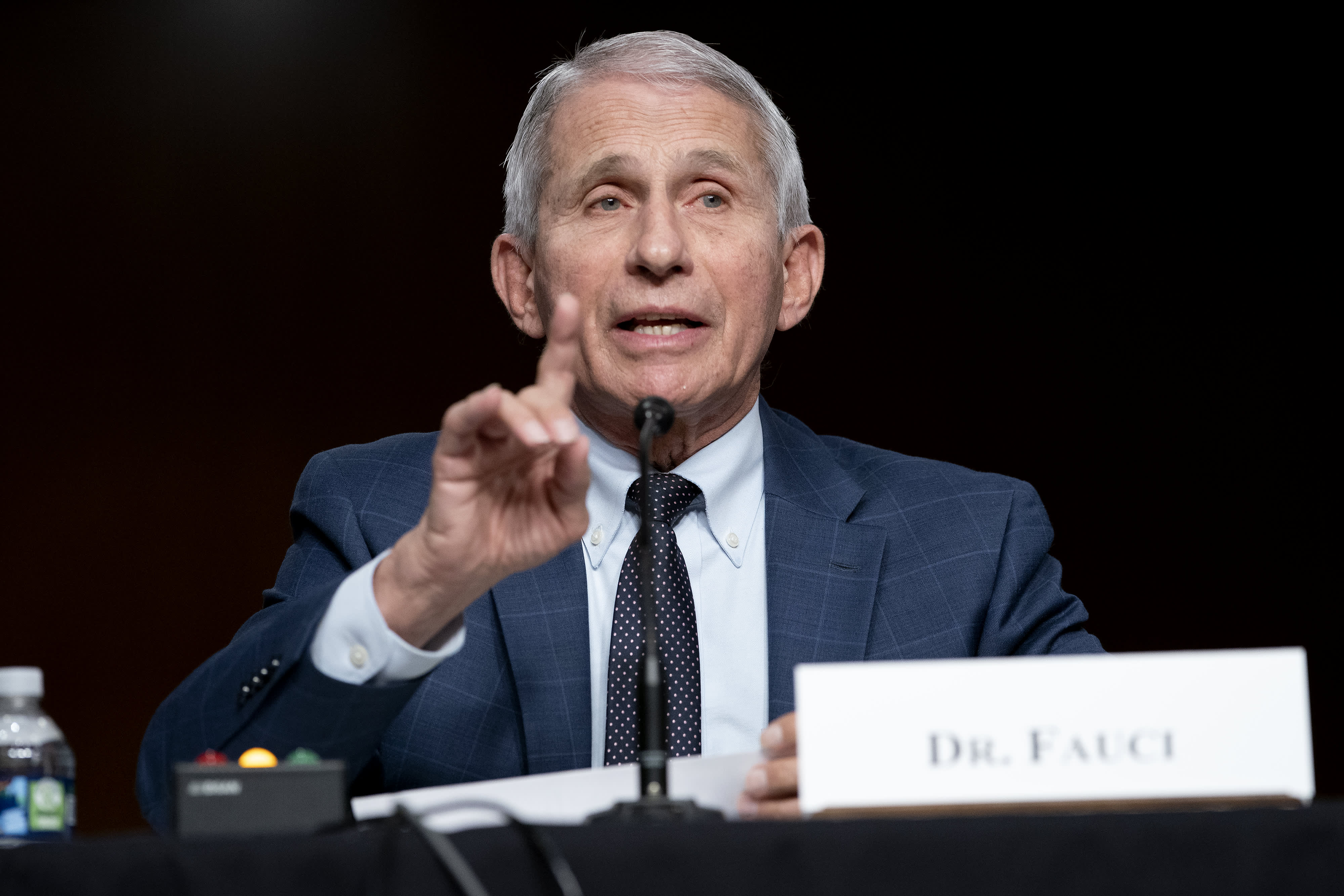The most recent Massachusetts wastewater data shows that the levels of COVID-19 in the Boston area appear to be on the decline. Could this be a sign that the omicron surge is almost over?
Gov. Charlie Baker was asked that question during a media availability Tuesday and sounded optimistic that the surge might be nearing its end.
WATCH ANYTIME FOR FREE
Stream NBC10 Boston news for free, 24/7, wherever you are. |
"The current state of play on the wastewater treatment data, generally the broader collection of data is it's down probably somewhere between 65 and 70% of where it was at the peak a couple weeks ago, which is exactly the same trajectory that people saw with omicron in the U.K., South Africa and in other parts of the U.S.," he said. "It's a straight up and a straight down. Several people have written about this and it appears to be good news."
But the governor's upbeat outlook didn't come without a caveat.
Get updates on what's happening in Boston to your inbox. Sign up for our News Headlines newsletter.
"One thing I would say about COVID generally is you just never know, but it certainly does look like we are very much on the backside of the omicron surge in Massachusetts," he said.
The governor isn't the only one who thinks the state might have turned the corner, even as hospitalizations remain high.
During NBC10 Boston's weekly "COVID Q&A" series Tuesday, three top Boston doctors agreed that we could be on the downslope of the omicron curve. Even so, they said we could be in for a rough few weeks before things start returning to normal.
"In South Africa where the original surge began, the uptick of the surge was very, very steep up over just a couple of weeks. And now they're on the downslope, but it is declining a little bit more slowly than it increased," Dr. Shira Doron of Tufts Medical Center said.
"And so, you know, if you think about the shape of any of these waves, you're going to have just as many infections as it's rising as it does when it's falling, and sometimes more infections actually on the downslope because that downslope may be slower," she said. "And so, you know, it really suggests that we still have many infections ahead of us even though we are likely on the downslope here in Massachusetts."
Boston Medical Center's Dr. Sabrina Assoumou said the data looks promising but agreed with Doron that it's too soon to let our guard down.
"I'm happy to report that thanks to the wastewater we having some encouraging information. It appears that at least in the Boston area and also the Northeast we've peaked and we're hopefully going to continue to see that decrease in cases in the U.S. depending on where you are," she said. "Some places have not peaked and the CDC is is thinking probably the U.S. will peak in about a week and a half to about two weeks."
"So, you know, although it seems like we're heading in the right direction, I will continue to tell people that we're not out of the woods," Assoumou said. "It is really important we continue to follow all those measures so we'll continue on that path."
"I think the point that Dr. Doron made about how many more infections we can expect during the downslope is really important because each of the previous surges has had a shallower decline," added Dr. Daniel Kuritzkes of Brigham and Women's Hospital. "That's taken longer than the rapid upslope."
"The other point to remember is that even in the lab, with the most recent sort of ebbing of COVID-19 prior to the current surge, we never got down to the low levels that we had been at in the spring and summer of 2020, where we were seeing you know, 50 cases and fewer, with a positivity rate of point 5% or less," he said. "We were still hovering at 100 cases or more per day before the delta wave hit us and then was immediately superseded by the omicron wave."
"So we should be very cautious on relaxing the kinds of safeguards that Dr. Assoumou was talking about before we're certain that this is really behind us and then we can relax rather than being impatient and wanting to relax too soon."




